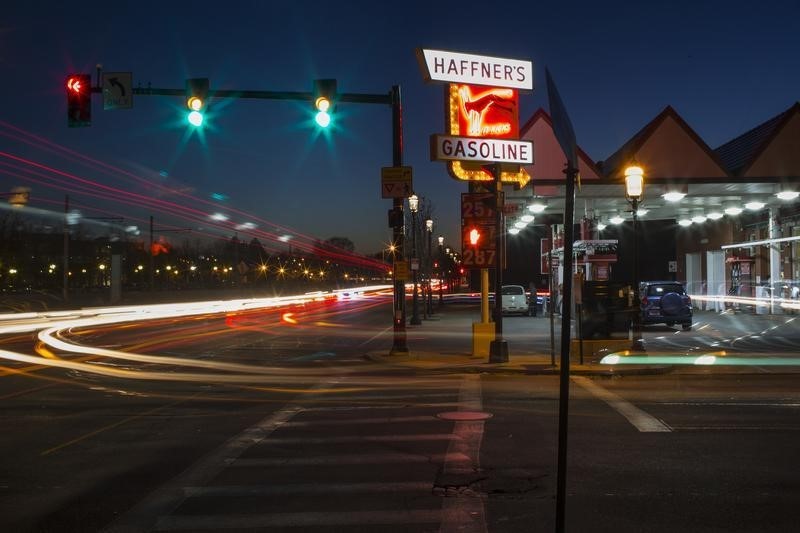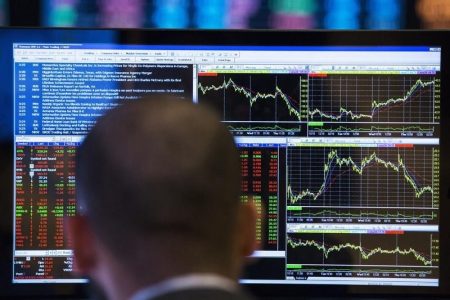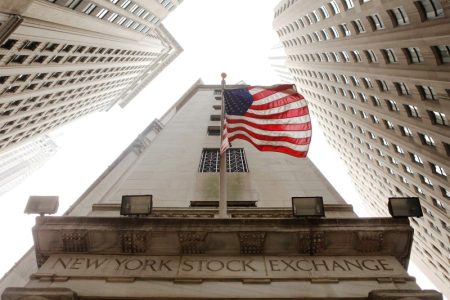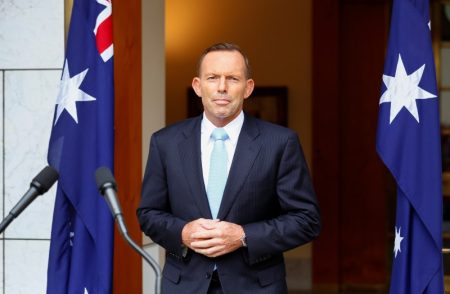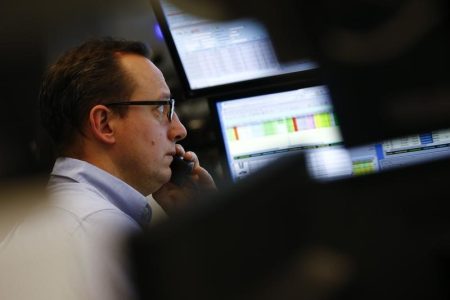By Christoph Steitz, Tom Käckenhoff and Vera Eckert
FRANKFURT/ESSEN (Reuters) – E.ON has no interest in creating a pan-European mega-utility, its CEO told Reuters, rejecting suggestions that recent energy market turmoil might spur consolidation in the sector.
“Creating an Airbus equivalent would only distract us from our actual task,” Leonhard Birnbaum said in an interview, referring to the planemaker part-owned by the German, French and Spanish governments. “I don’t see any benefit in that.”
Birnbaum added he saw little chance that E.ON, Europe’s biggest energy networks operator with a market value of about 32 billion euros ($35 billion), could become a bid target itself.
“The best takeover defence is to get the best value out of your company and to grow,” he said, on the heels of announcing plans for a big increase in investment to 42 billion euros over the next five years. “And we do both.”
Europe’s energy sector has been undergoing major changes since once-close energy ties with Russia were severed in the wake of the Ukraine war. That sparked a crisis in supplies and a surge in prices which led several governments to rescue or take stakes in power firms and critical energy infrastructure.
At the same time, oil majors have muscled into the renewables space, boosting speculation about dealmaking.
Birnbaum said that while Russia’s invasion of Ukraine highlighted the need for closer cooperation in Europe in areas such as cyber security, energy served as an example where that was already happening.
So the merits of combining major cross-border entities are limited, the 57-year old said.
Likewise, Birnbaum doesn’t see much value in spending heavily on mergers himself, saying E.ON’s investment push was mainly focused on growing its own businesses and acquisitions would only be made to add certain skills to the group – “not to make the organisation bigger”.
Birnbaum said E.ON could spend even more than the 42 billion euros planned for 2024-2028, but cautioned that depended on a favourable regulatory environment.
E.ON operates 1.6 million kilometres (994,000 miles) of gas and power grids, serving around 48 million customers in Europe, a region Birnbaum said would remain its focus going forward.
The company went through a revamp when it agreed to buy key assets from Innogy, a former division of RWE, in 2018.
Birnbaum said he was still satisfied with the structure of the group, which mainly consists of grids and low-margin retail energy operations, adding the idea of an eventual break up had lost momentum.
($1 = 0.9161 euros)
Read the full article here
